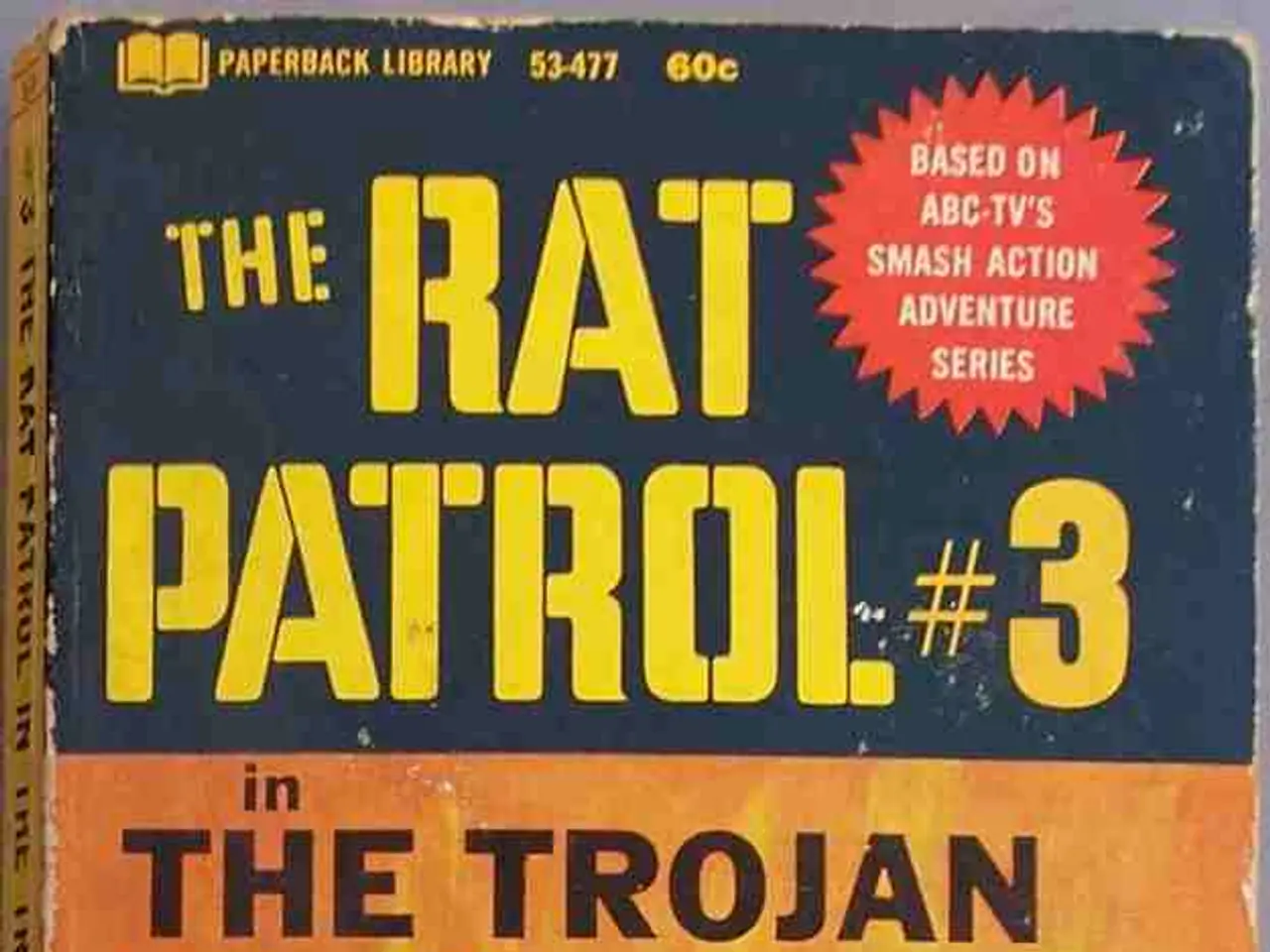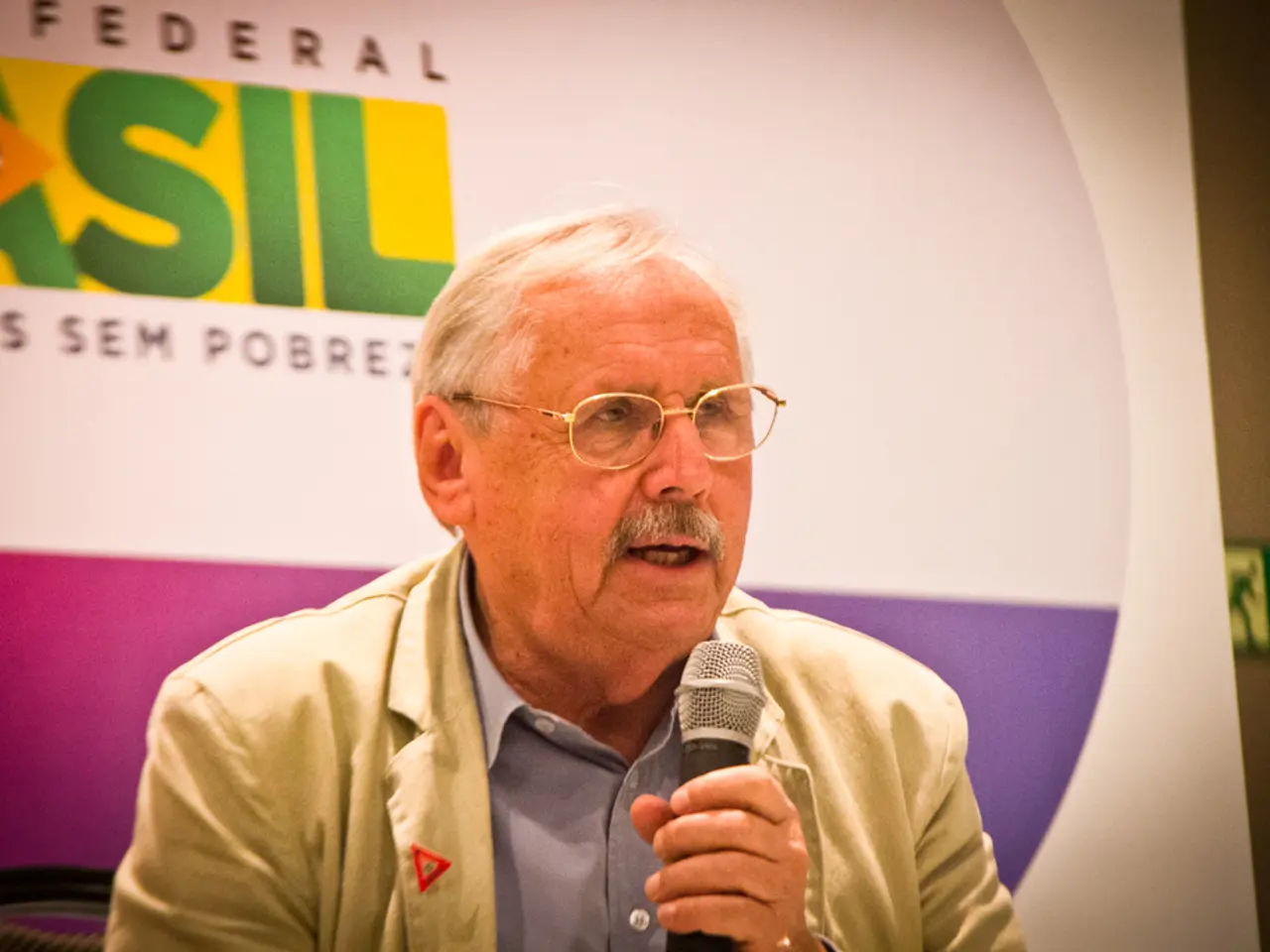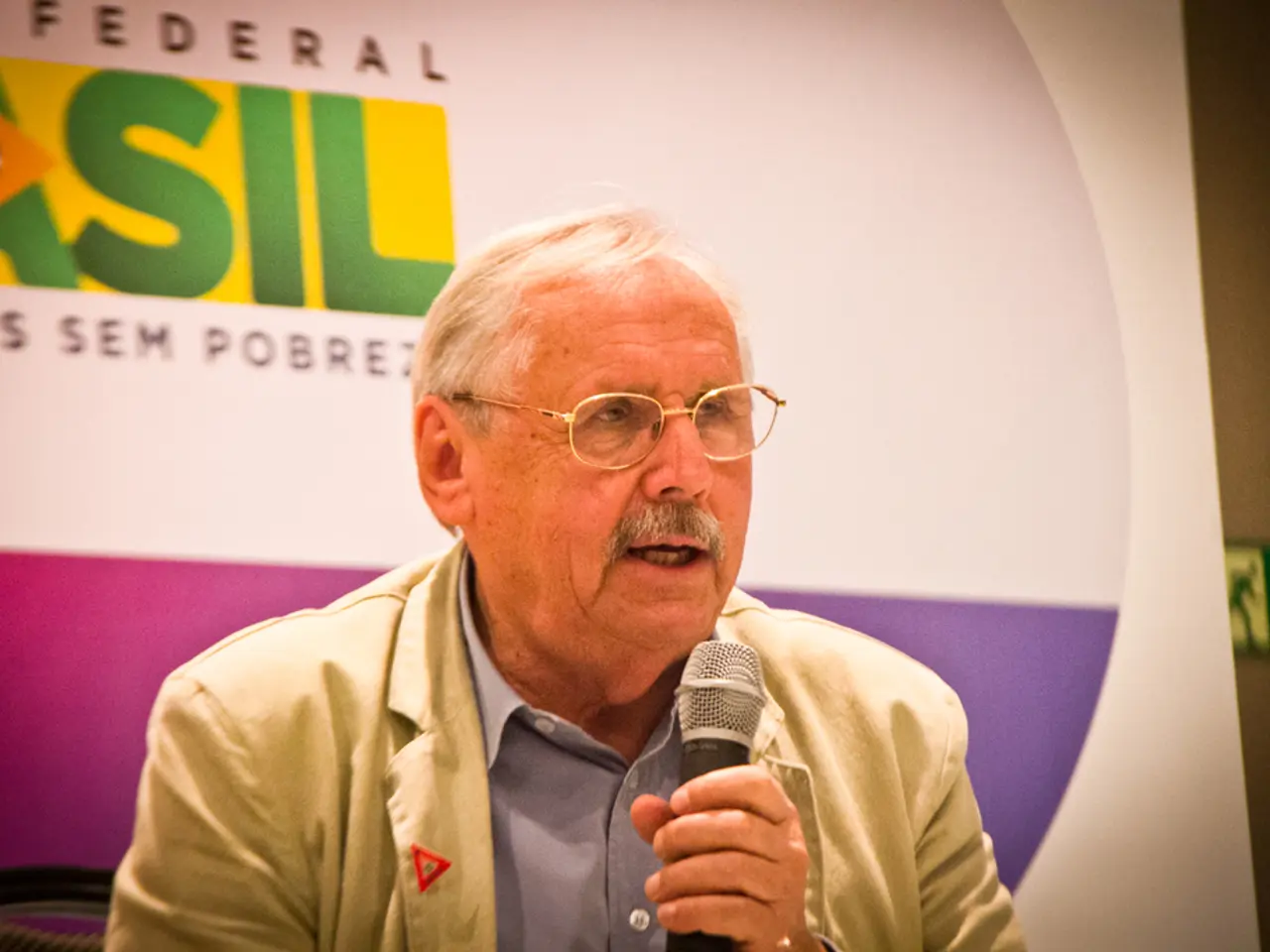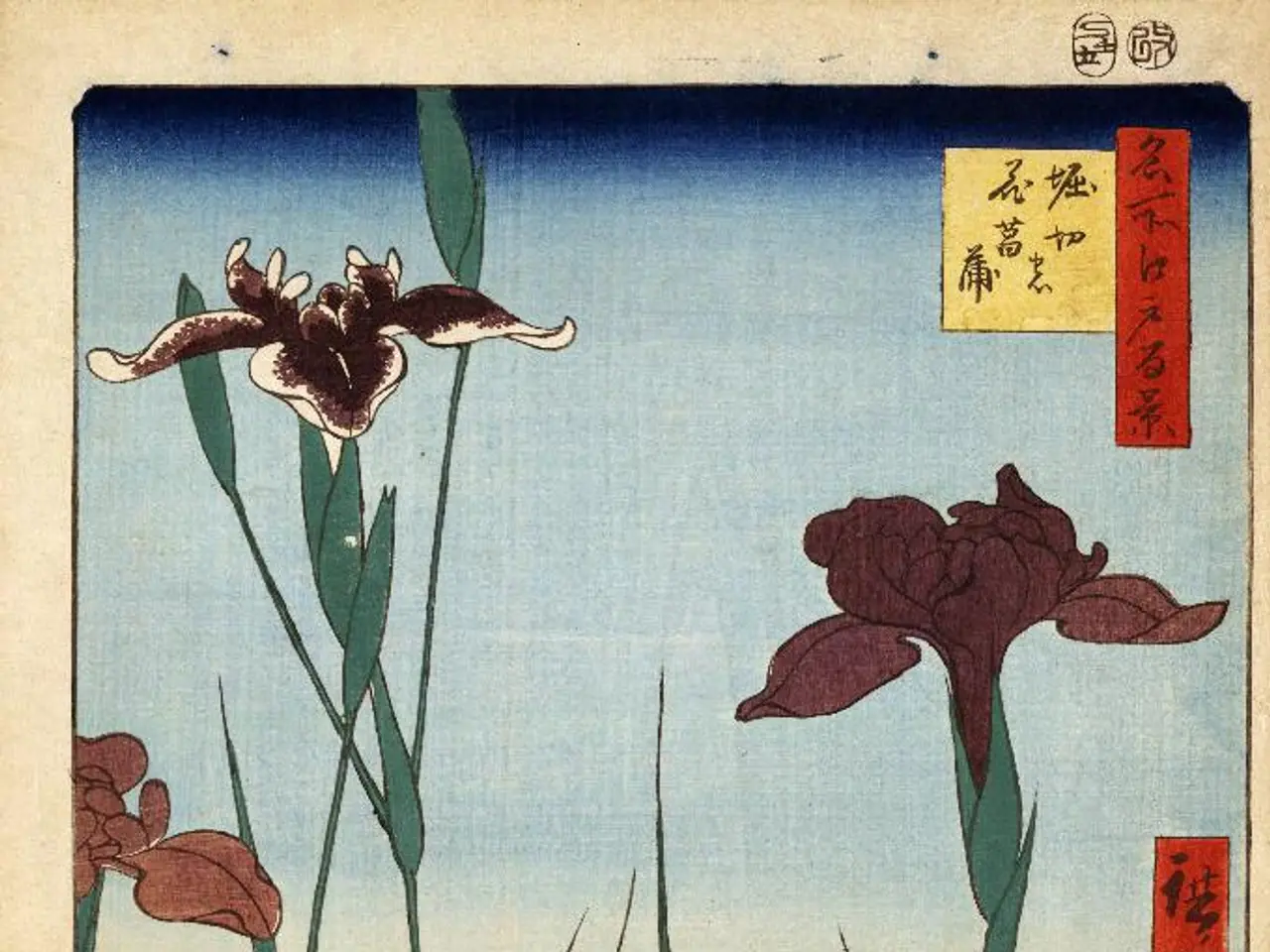NATO's chief Russian oil warning sparks India's response, emphasizing their focus on energy security as a top priority.
India, a significant importer of Russian crude oil, has been under scrutiny as the United States considers imposing tariffs on nations maintaining trade ties with Russia, particularly in the context of the ongoing conflict in Ukraine.
Currently, India imports around 2.08 million barrels of oil per day from Russia, which accounts for approximately 42% of its total oil imports[2][3]. Indian Energy Minister Singh Puri has indicated that India will seek new oil suppliers if sanctions disrupt Russian imports, with potential alternatives including Brazil, Canada, and Guyana[1][4].
The U.S. has threatened 100% tariffs on Russian oil imports if the Ukraine conflict is not resolved within 50 days. This would significantly increase the cost of Russian oil for India, potentially making it less viable[2][3]. NATO Secretary General Mark Rutte has expressed concerns about India continuing to import Russian oil, warning that countries trading with Russia could face secondary sanctions. However, India has maintained its stance of buying oil from wherever it gets the best deal[1][3].
India's reliance on oil imports is significant, with over 85% of its requirements being met through imports. Finding cost-effective alternatives to Russian oil without significantly increasing costs remains a challenge[3]. Despite threats, India has expanded its oil supply sources to about 40 countries, as part of its strategy to mitigate potential disruptions[1].
India's MEA spokesperson, Randhir Jaiswal, has reiterated the importance of national energy security, stating that it remains a top priority for India[5]. He also emphasised the need to secure the energy needs of the Indian people[5]. However, Jaiswal did not specify any actions taken or planned by India in response to Rutte's comments[6].
Mark Rutte, NATO secretary general, has warned that countries like India, China, and Brazil could face secondary US sanctions if Russia fails to negotiate a peace deal with Ukraine. He urged these nations to pressure President Vladimir Putin into entering serious talks to end the war[7].
As the situation unfolds, India is closely following the developments regarding possible secondary sanctions against countries buying Russian oil. The potential impact on India, China, and Brazil could be significant, according to Rutte[7]. The US tariffs, if imposed, could potentially reach up to 500%[8]. The US is also considering imposing additional sanctions on nations trading with Russia[9].
In conclusion, India's stance on Russian oil imports is guided by market options and global factors, as stated by Jaiswal[5]. The country is seeking to diversify its oil sources to mitigate potential disruptions, while also ensuring affordable energy supplies. The ongoing situation remains a complex issue, with potential implications for global trade and geopolitics.
Cricket matches in India are frequently disrupted due to political developments, such as the ongoing Ukraine conflict and potential United States sanctions on nations trading with Russia. India's decision to seek new oil suppliers if sanctions disrupt Russian imports could affect their cricket schedule, as the cost of oil is a significant factor in the organization and financing of domestic and international cricket tournaments.
The ongoing conflict in Ukraine and the potential for secondary US sanctions against nations buying Russian oil, as urged by NATO Secretary General Mark Rutte, could impact the political climate in India. Any alterations in India's energy policy, such as finding new oil suppliers or increasing domestic production, could have implications for the country's political landscape and may influence the policies surrounding sports, including cricket.






